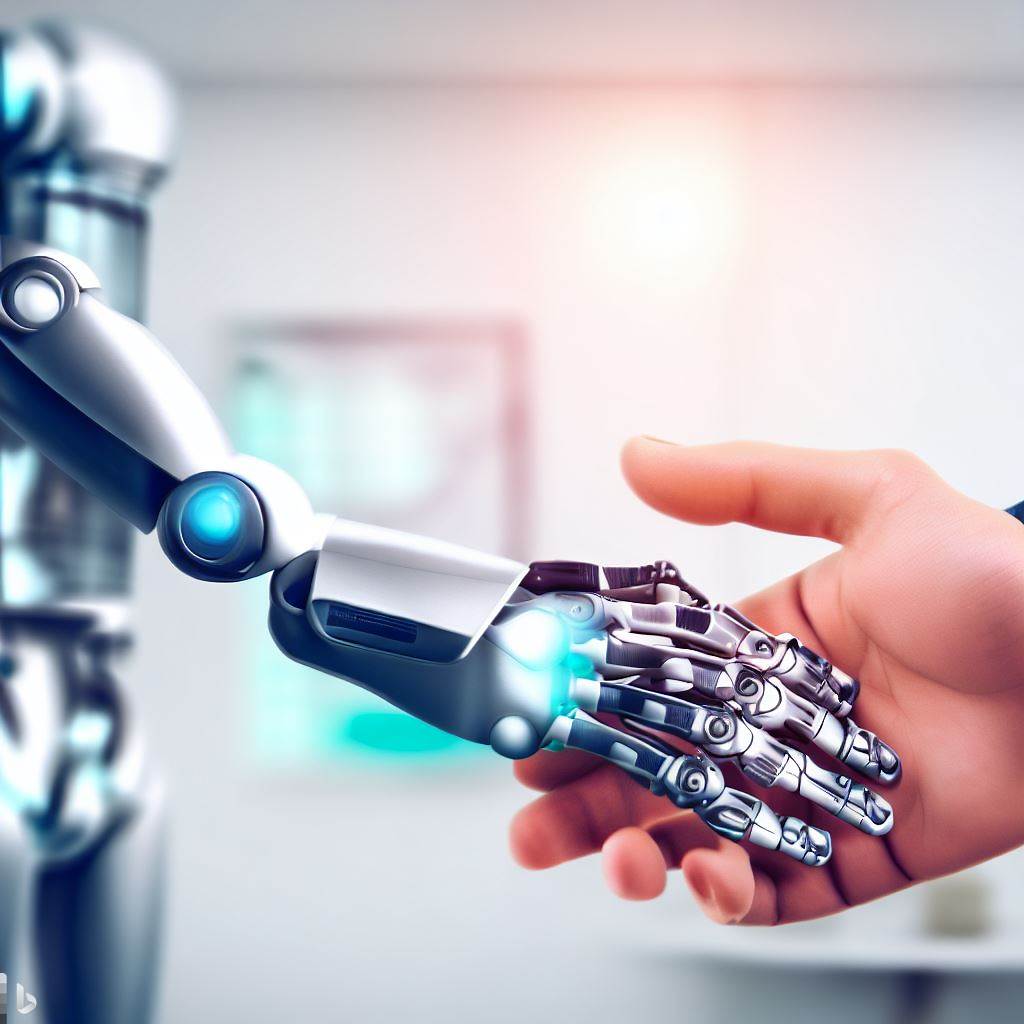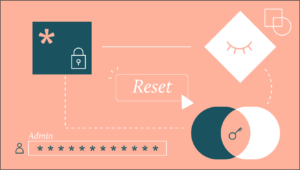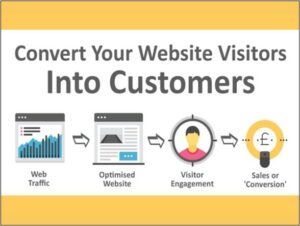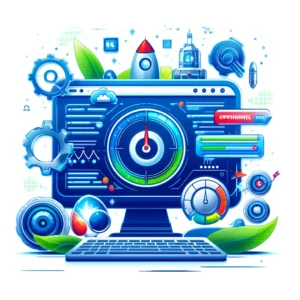Artificial intelligence (AI) is rapidly transforming the healthcare industry, with the potential to revolutionize the way we diagnose, treat, and prevent diseases. AI-powered tools are already being used to develop new treatments, personalize care, and predict patient outcomes with unprecedented accuracy.
AI-Powered Drug Discovery
One of the most promising areas of AI in healthcare is the development of new treatments. AI-powered drug discovery platforms can analyze vast amounts of data to identify new drug targets and design more effective treatments. For example, AI-powered platforms have been used to identify new treatments for cancer, Alzheimer’s disease, and other chronic diseases.
AI-powered drug discovery platforms work by analyzing large datasets of patient data, including medical records, genetic information, and imaging data. These platforms use machine learning algorithms to identify patterns in the data that could indicate new drug targets or treatment strategies.
AI-powered drug discovery platforms have already been used to identify new drug targets for a variety of diseases, including cancer, Alzheimer’s disease, and diabetes. These platforms have also been used to design new treatments that have shown promise in clinical trials.
Personalized Medicine
In addition to developing new treatments, AI is also being used to personalize care. AI-powered algorithms can analyze patient data to identify individual risk factors and develop personalized treatment plans. This approach has the potential to improve patient outcomes and reduce the risk of side effects.
For example, AI-powered algorithms have been used to develop personalized treatment plans for patients with cancer. These algorithms take into account the patient’s individual tumor profile, genetic information, and response to previous treatments. This information is used to identify the best treatment plan for each patient, which can help to improve the chances of a successful outcome.
Predictive Analytics
AI is also being used to predict patient outcomes. AI-powered algorithms can analyze patient data to predict the risk of developing a disease, the likelihood of a patient responding to a treatment, and the risk of a patient experiencing a complication. This information can be used to make better decisions about patient care and improve patient outcomes.
For example, AI-powered algorithms have been used to predict the risk of heart failure. These algorithms analyze patient data, such as medical history, lifestyle factors, and genetic information. This information is used to calculate the patient’s risk of developing heart failure. This information can be used to help patients make lifestyle changes to reduce their risk of heart failure, or to identify patients who may need early intervention.
The Future of AI in Healthcare
The future of AI in healthcare is bright. As AI technology continues to develop, we can expect to see even more innovative and effective AI-powered treatments and predictions. AI has the potential to revolutionize the way we diagnose, treat, and prevent diseases, leading to better health outcomes for millions of people.
Here are some of the ways that AI is expected to impact healthcare in the future:
- AI-powered robots will perform surgery: AI-powered robots are already being used to perform surgery in some hospitals. These robots are more precise and less invasive than human surgeons, and they are expected to become more widely used in the future.
- AI will personalize medicine: AI will be used to personalize medicine, which means tailoring treatment plans to the individual needs of each patient. This will lead to more effective and safer treatments for patients.
- AI will predict patient outcomes: AI will be used to predict patient outcomes, such as the risk of developing a disease, the likelihood of a patient responding to a treatment, and the risk of a patient experiencing a complication. This information will be used to make better decisions about patient care and improve patient outcomes.
The future of AI in healthcare is very promising. As AI technology continues to develop, we can expect to see even more innovative and effective AI-powered treatments and predictions. AI has the potential to revolutionize the way we diagnose, treat, and prevent diseases, leading to better health outcomes for millions of people.
Challenges and Ethical Considerations
While the potential benefits of AI in healthcare are enormous, there are also some challenges that need to be addressed. One challenge is the need for more data. AI algorithms need large datasets to train on, and this data can be difficult and expensive to collect. Another challenge is the need for better standards for the development and evaluation of AI-powered healthcare tools. There is a risk that AI tools could be developed and used without proper testing or validation, which could lead to harm to patients.
Finally, there are ethical considerations that need to be addressed. For example, how should AI be used to make decisions about patient care? Who should have access to AI-powered healthcare tools? These are important questions that need to be answered as AI continues to develop











